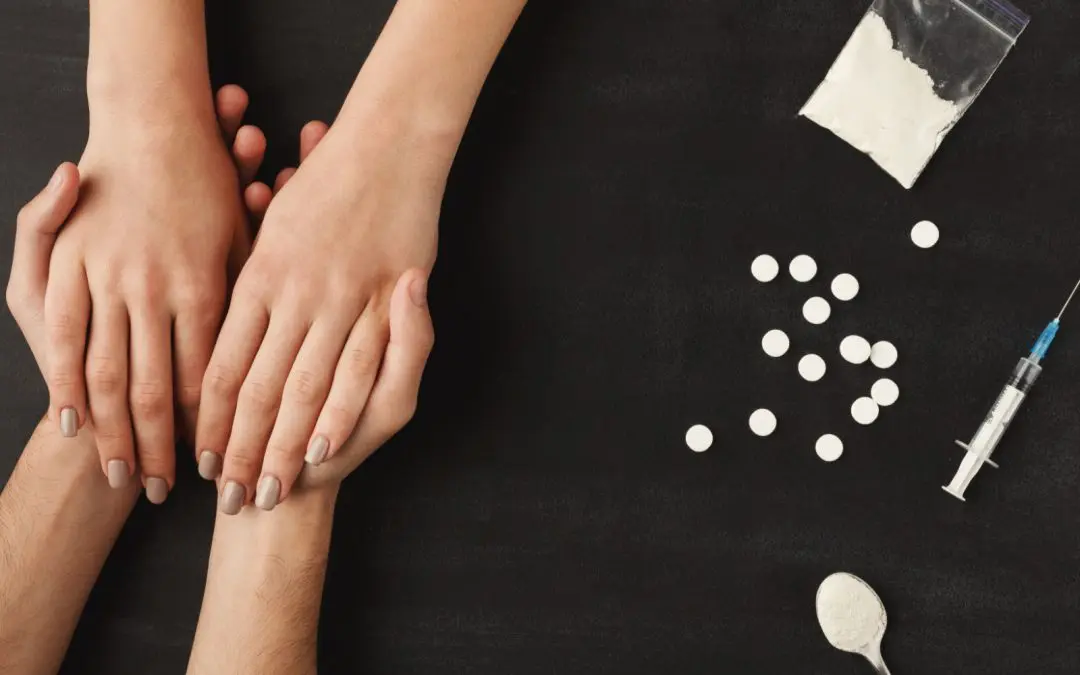24/7 Helpline:
(866) 899-221924/7 Helpline:
(866) 899-2219
Learn more about Depression Treatment centers in Monroe County

Other Insurance Options

Excellus

Providence

CareFirst

United Health Care

Lucent

Ceridian

Medical Mutual of Ohio

Optima

Carleon

Health Partners

Group Health Incorporated

CareSource

Magellan

Covered California

Oxford

Anthem

WellCare Health Plans

Amerigroup

Access to Recovery (ATR) Voucher

Humana

LifeSkills Service Center – Monroe County
LifeSkills Service Center – Monroe County is a private rehab located in Tompkinsville, Kentucky. Lif...








































































































